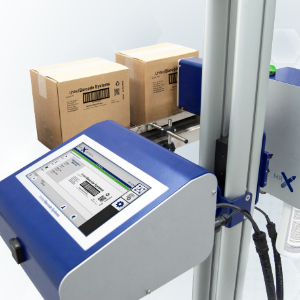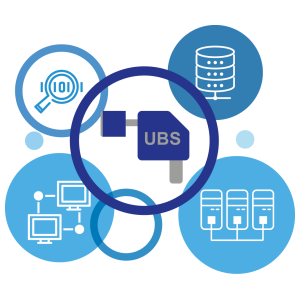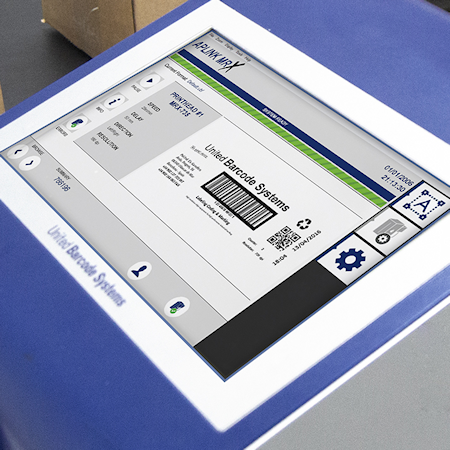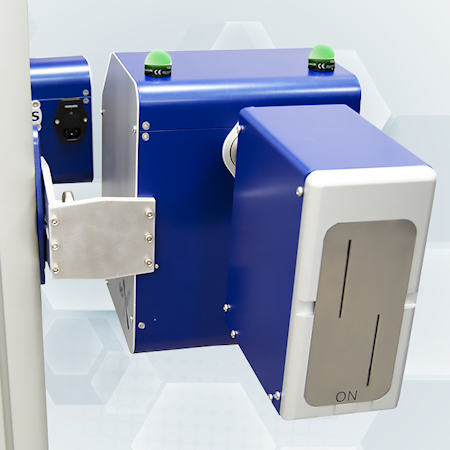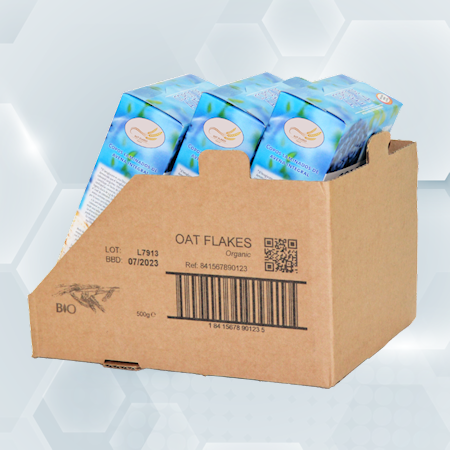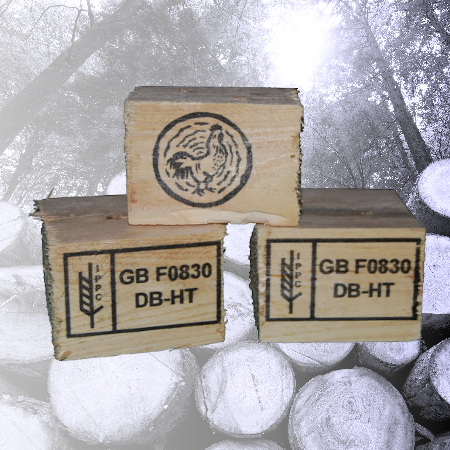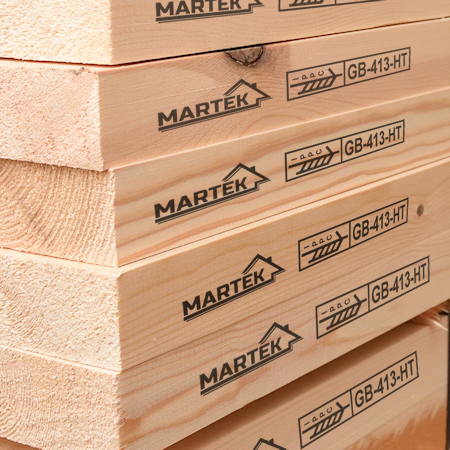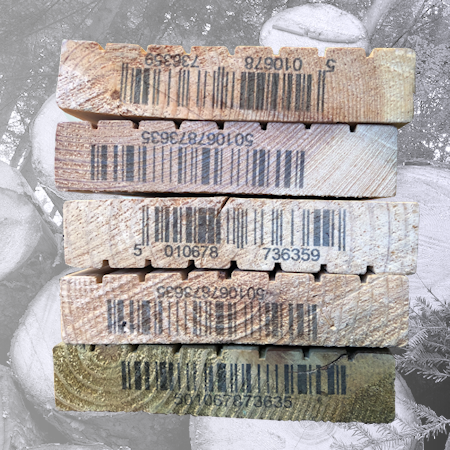


High-definition print
Print on cardboard, paper, timber and other porous materials
UBS Aplink MRX
Modular high-resolution inkjet printer for printing onto porous surfaces including cardboard, paper, textiles and timber. One Aplink MRX controller can drive up to four 72mm high printheads or two 140mm printheads. The MRX ink system uses innovative temperature and drop control technology to ensure low consumption and reliable, consistent printing in harsh environments.
Text, detailed graphics, barcodes and 2D codes can be printed at 180dpi vertical resolution x up to 720dpi horizontal resolution using 100% mineral-free, oil-based ink that dries instantly on porous surfaces. The high-capacity 1-litre ink bottle can be changed on the fly without interrupting production and, for a typical outer case carton, will print about 200,000 cartons per bottle.
Using the Aplink MRX as an alternative to applying labels offers significant cost savings and environmental benefits. Typically a single one-litre bottle of UBS ink replaces 350Kg of labels and costs 6-8 times less than the equivalent labels and printing ribbons. The environmental benefits include significant haulage carbon savings by shipping just 1Kg of ink for each 350Kg of labels and avoiding the need to dispose of 140Kg of backing paper waste for each litre of ink used which cannot be recycled with other paper and card waste.
UBS Aplink systems come with UBS Designer PC-based software to design and upload virtually unlimited numbers of print images into the printer memory. Printers can then run in stand-alone mode without a PC connected using the touch screen controller to select the required print image and enter variable data such as batch code and expiry date. It is also possible to connect to host systems to automatically select print images and populate variable data fields without operator intervention. Martek offers integration services to connect printers to a wide range of host systems.
Specification |
| Printheads: | Up to four 72mm Seiko 4th generation piezo-electric printheads or two 140mm printheads |
| Print direction: | Forwards onto product side or down onto top of product. Umbilical option for confined or remote locations |
| Ink type: | Mineral-free, oil-based ink in 1-litre containers |
| Ink colour: | Black, red, blue, yellow - others on request |
| Print resolution: | 180dpi vertical x up to 720dpi horizontal |
| Text printing: | Any font in any point size and rotation including date, time, offset date, counters and external inputs |
| Graphics printing: | Detailed graphics up to 140mm high |
| Barcode printing: | All common barcode formats supported including UCC/EAN-128 |
| 2D code printing: | QR and Datamatrix codes |
| Print frequency: | Up to 2 prints per second |
| Print speed: | Up to 110m/min |
| Printhead to product distance: | Up to 5mm for optimum print results |
| Controller: | 10.1" colour touch screen |
| Standard interfaces: | USB2.0, Ethernet LAN |
| Optional interfaces: | RS232 serial |
| Software: | UBS Designer included as standard - UBS Designer Pro and Codesoft optional |
| Options: | Shaft encoder, cold environment kit, status beacon, RS232 serial interface, stand, barcode validation, integration services |
| Power supply: | 110-240Vac @ 50-60Hz; 21W (1 head) / 37W (2 heads) |
| Download BrochureAplink Range Brochure |
Features and Options
Modular Design
Up to 4 heads per controller
UBS Designer Software
User-friendly print editor
Barcode Readers
Inline barcode quality management
Integration Services
Automatic printing configuration

Sustainable Coding
A single 1-litre bottle of UBS ink typically replaces 350Kg of labels.
That's 350Kg of label material transported from the paper mill to the label manufacturer then 350Kg of labels transported to the end user... compared to 1Kg of ink.
Of that 350Kg of labels, typically 140Kg is backing paper which has to be disposed which cannot be recycled with other paper and card waste. UBS oil-based ink is free from mineral oil and meets the requirements of FEFCO, the European Federation of Corrugated Board Manufacturers, for the recycling of corrugated board.
In addition, direct product coding typically costs 6 to 8 times less than labelling.
